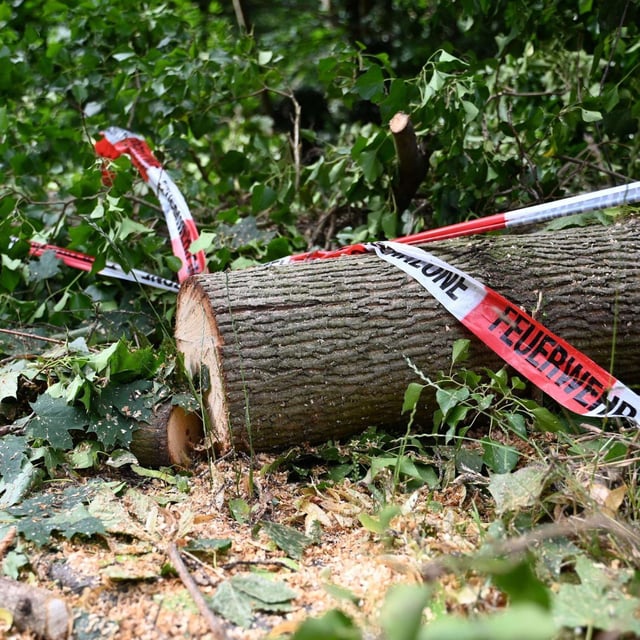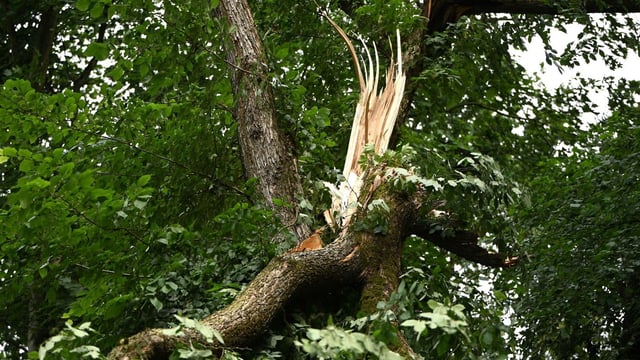Overview
- A severe storm on June 28 toppled or uprooted thousands of trees in Berlin’s Tegeler Forst, forcing an immediate and indefinite closure to ensure public safety.
- Forestry crews are systematically removing fallen timber and assessing unstable trunks and hanging branches that pose ongoing life-threatening hazards.
- Researchers from the Thünen-Institut and Potsdam-Institut für Klimafolgenforschung attribute the forest’s heightened vulnerability to drought-induced root and trunk damage that undermines stability during high winds.
- National surveys report that 80 percent of spruce, pine, beech and oak trees are damaged, marking a shift of Germany’s forests from carbon sinks to net carbon sources under climate stress.
- Federal ministers pledged new funding for adaptive silviculture research and mixed-species reforestation in June, and local managers are now drafting targeted support and planting strategies.

